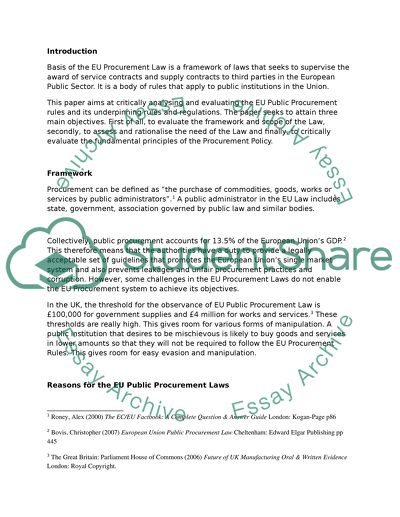Cite this document
(“Identify and critically assess the principles which underpin the EU Essay”, n.d.)
Retrieved from https://studentshare.org/environmental-studies/1421865-identify-and-critically-assess-the-principles
Retrieved from https://studentshare.org/environmental-studies/1421865-identify-and-critically-assess-the-principles
(Identify and Critically Assess the Principles Which Underpin the EU Essay)
https://studentshare.org/environmental-studies/1421865-identify-and-critically-assess-the-principles.
https://studentshare.org/environmental-studies/1421865-identify-and-critically-assess-the-principles.
“Identify and Critically Assess the Principles Which Underpin the EU Essay”, n.d. https://studentshare.org/environmental-studies/1421865-identify-and-critically-assess-the-principles.


